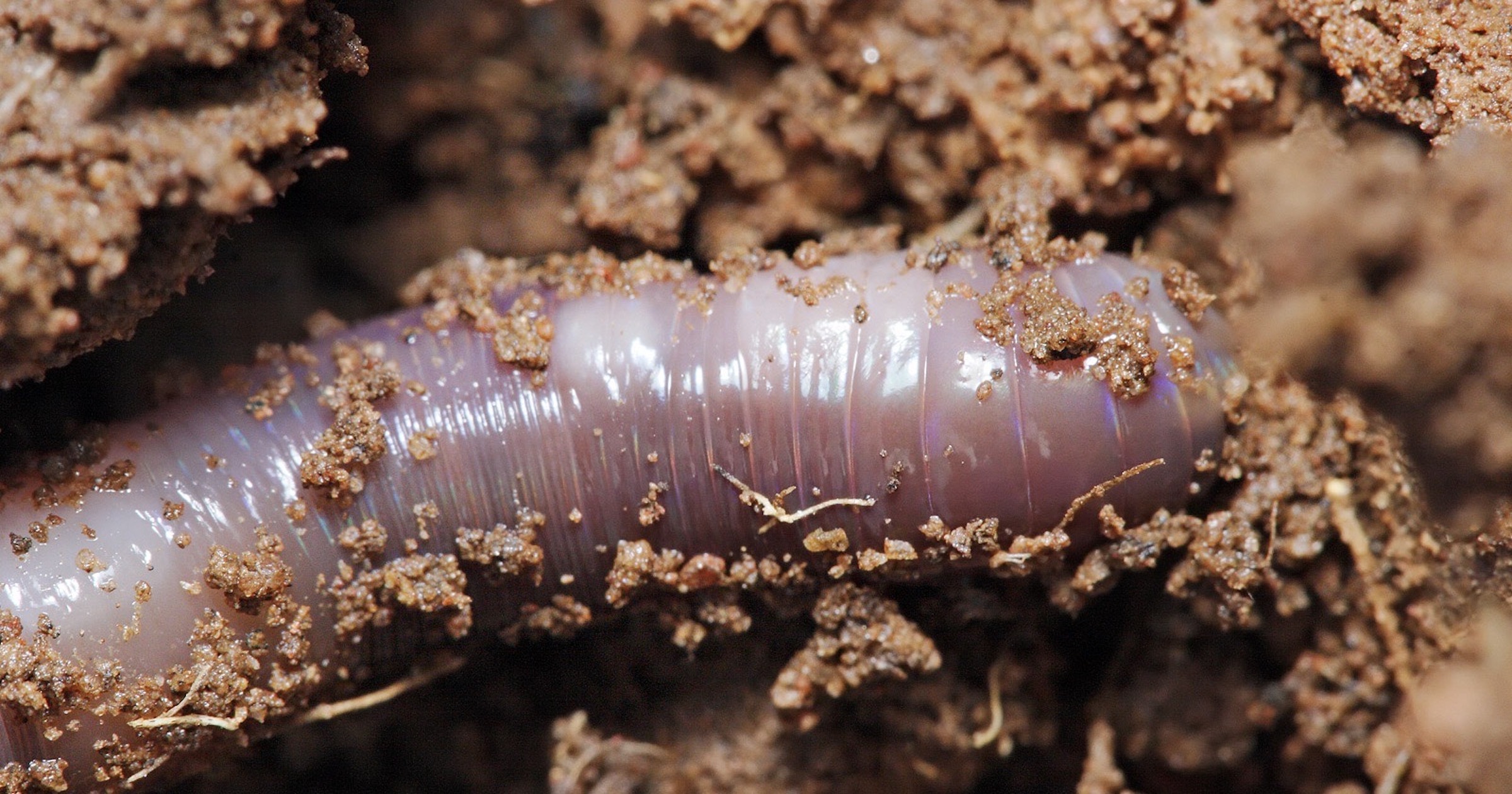 Evolution
Evolution
 Neuroscience & Mind
Neuroscience & Mind
Evolutionary Psychologist Argues that Worms Feel Pain. But How?

A website for fans of earthworms tackled the question recently:
Yes, it is now accepted that worms feel pain — and that includes when they are cut in half.
They do not anticipate pain or feel pain as an emotional response, however. They simply move in response to pain as a reflex response.
They may curl up or move away, for example, from painful or negative stimuli.
AIMEN MIRZA, “DO WORMS FEEL PAIN? (CAN EARTHWORMS SENSE PAINFUL STIMULI?)” AT WORMMY (OCTOBER 12, 2021)
Possibly in line with the growing support for panpsychism in science, University of Washington evolutionary psychology professor David P. Barash asks us to consider that worms do indeed feel pain in a deeper sense than an automatic response:
I vividly recall, as a child, watching with horror as my uncle threaded a worm on a hook. The victim wriggled with what in a human would unquestionably be agony, while my uncle reassured me, “It’s not feeling pain.” As an adult researcher (who should have known better), I’ve seen snakes, fish, and cockroaches spasm when subjected to electric shocks.
DAVID P. BARASH, “EVEN WORMS FEEL PAIN” AT NAUTILUS (MARCH 2, 2022)
First, Let’s Look at His Argument
Barash, author of many books including Through a Glass Brightly: Using Science to See Our Species as We Really Are (2018), alludes to a growing awareness that our traditional evolutionary assumptions about sentience may not be correct:
Who feels more pain, a person or a cat? A cat or a cockroach? It’s widely assumed animal intelligence and the capacity to feel pain are positively correlated, with brainier animals more likely to feel pain, and vice versa. But what if our intuition is wrong and the opposite is true? Perhaps animals that are less intelligent feel not only as much pain but even more.
A correlate of this attitude, rarely challenged even today, is that the more similar animals are to us, the more likely they are to feel pain. And in proportion as they are “simple” — i.e., stupid — they can’t. I want to take issue with this and suggest a counterintuitive hypothesis: That animals with less cognitive capacity might feel at least as much and perhaps more pain than their smarter cousins.
DAVID P. BARASH, “EVEN WORMS FEEL PAIN” AT NAUTILUS (MARCH 2, 2022)
Although Barash does not say it in so many words, we have tended to assume that invertebrates did not evolve to be as intelligent as vertebrates and that cold-blooded (exothermic) life forms did not evolve to be as intelligent as warm-blooded (endothermic) one. But, as we’ve noted earlier, recent research has shown that some invertebrates, like the octopus, are in the range of intelligence we associate with mammals and birds, which means that they may well experience pain as suffering. One result is that some countries now require humane methods of slaughter for such invertebrates, as well as for (cold-blooded) fish.
On the Other Hand…
There is no evidence that most invertebrates are especially intelligent. So we are really looking at a puzzling question as to how some, but not most, invertebrates and exotherms came to have comparatively high intelligence and thus (probably) more complex sentience.
And now to the worms. Barash offers an evolutionary argument that “animals with less cognitive capacity might feel at least as much and perhaps more pain than their smarter cousins”:
Insofar as it is a crucial alarm signal, pain should be a cross-species universal, no less valuable for paramecia than for people. I agree with the argument made by Richard Dawkins in his book Science in the Soul, in a chapter titled “But Can They Suffer?,” that smaller-brained creatures just might have greater need for this signal. “Isn’t it plausible that an unintelligent species might need a massive wallop of pain, to drive home a lesson that we can learn with less powerful inducement?” Dawkins asked.
DAVID P. BARASH, “EVEN WORMS FEEL PAIN” AT NAUTILUS (MARCH 2, 2022)
Barash reasons that a less intelligent creature would need more pain than a more intelligent one, in order to teach it to avoid risk and harm:
The dummies, accordingly, would benefit more than the smarty-pants from an especially potent stimulus, a blast of something deeply unpleasant — call it “pain” — more likely to evoke whatever passes for memory and learning in their admittedly dim minds. If so, then they would benefit from a particularly loud alarm bell: More pain rather than less.
DAVID P. BARASH, “EVEN WORMS FEEL PAIN” AT NAUTILUS (MARCH 2, 2022)
Alarm in an Empty Building
Thus he concludes, “Pain would have been among the most fundamental traits to have emerged.”
Given the adaptive value of pain, that sensation would not only be conserved over evolutionary time, but ancestral, among the earliest and most fundamental traits to have emerged. This makes it, well, pretty much insufferable to deny other animals the experience of pain that we know all too well.
DAVID P. BARASH, “EVEN WORMS FEEL PAIN” AT NAUTILUS (MARCH 2, 2022)
Wait. Barash’s hypothesis overlooks the fact that suffering is more than an alarm system. An alarm could be going off in an empty building.
Read the rest at Mind Matters News, published by Discovery Institute’s Bradley Center for Natural and Artificial Intelligence.
